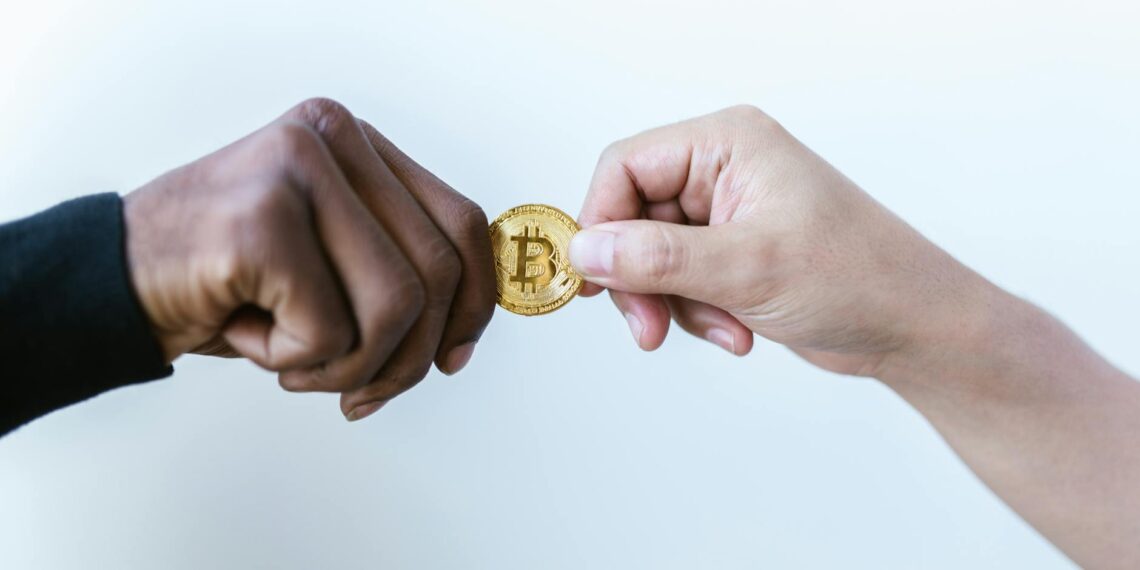- Your Bank/Credit Union: Most banks and credit unions offer free coin exchange services to their customers. You might need to roll the coins yourself, but many institutions provide free coin wrappers. Some community banks and credit unions also have free coin-counting machines for customers. Non-account holders might be able to use these services for a small fee.
- Retailers with Coin-Counting Machines: Some grocery stores and retailers have self-service coin-counting machines. However, be aware that many of these, such as Coinstar kiosks, typically charge a fee (up to 12.9% plus a flat fee) for cash exchanges. The best way to avoid this fee is to opt for a store gift card from Coinstar, [according to Bankrate] . Publix stores also have their own machines.
- Self-Checkout Machines: You can use your coins directly at self-checkout machines in many stores to pay for purchases, effectively exchanging them for the goods you’re buying without any fees.
- Donating to Charity: Some coin-counting machines, including Coinstar, allow you to donate your coins to charity. Coinstar takes a processing fee of 10% for national charities and 7.5% for regional ones, [says Bankrate].
- Zero-Fee Cryptocurrency Exchanges: Some platforms offer zero-fee trading for certain cryptocurrencies or under specific conditions. Examples include:
– Best Wallet: A decentralized exchange that offers zero fees for spot trading.
– Binance: Offers zero-fee trading for specific BTC pairs and the option to use their native token (BNB) for fee discounts on other transactions.
– Coinbase: Offers a subscription service, Coinbase One, which eliminates trading fees.
– MEXC: Offers zero fees for makers and takers on certain trading pairs, and fee discounts when using MX tokens.
– KuCoin: Offers a 20% discount on fees when using their native token (KCS).
– Revolut X: Offers zero maker fees and low taker fees for crypto to fiat conversions and free deposits for both crypto and fiat transactions.
- Security: If you’re exchanging traditional currencies, always use a reputable bank or financial institution. If dealing with cryptocurrencies, choose well-known and secure exchanges, enable two-factor authentication, and be wary of suspicious websites or unsolicited offers.
- Fees: Carefully review the fee structure of any platform before initiating a transaction. Not all “free” options are truly free, and some may have hidden costs or require subscriptions to waive fees.
- Legitimacy: Be wary of platforms or individuals promising guaranteed or unrealistic returns, as these are likely scams.
- KYC (Know Your Customer) Requirements: Some cryptocurrency exchanges may require you to provide personal information and undergo a verification process. However, some decentralized exchanges offer the option to trade without KYC verification.
- Risks: Remember that all cryptocurrency exchanges, even reputable ones, carry a degree of risk. Exchanges can be targets for hackers, and the value of cryptocurrencies can be highly volatile.
In conclusion, you have several options for exchanging coins for free, both for traditional and digital currencies. Carefully consider the benefits and risks of each option before choosing the best method for your needs.









Where can I bring my coins for cash for free?
Your local bank branch is a good place to exchange coins. The branch will typically give you coin wrappers for free. Credit unions or community banks are more likely to have free coin-counting machines for members. Coinstar machines are in many supermarkets, and Publix has its own machines.
Can you exchange coins for free?
Good point! Go to a local bank and ask them to exchange them. Banks generally don’t charge any fee for that. Assuming you have a relatively small number of coin, you can simply hand them over. The bank should have coin counting machine just for such an occasion.
Can I cash in coins for free?
Good point! Typically, you can cash coins for free at your local bank. You may have to roll the coins yourself but the bank will likely give you coin wrappers for free.